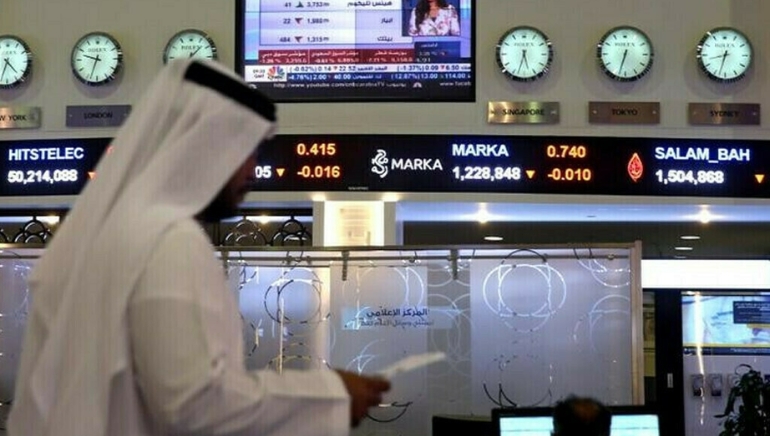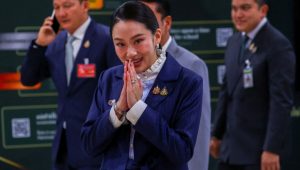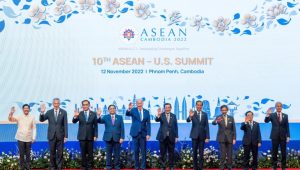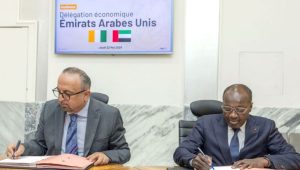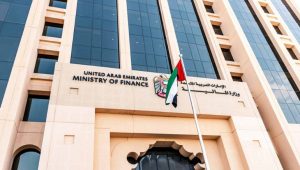On Monday, Saudi Arabia closed at its highest level since August 2022, leading most Gulf stock markets higher despite diminishing chances of early rate cuts. U.S. producer prices surged in January, mainly due to rising service costs, potentially stoking inflation. Since the currencies of the Gulf Cooperation Council, including the United Arab Emirates, are fixed on the US dollar, they keep a careful eye on the Fed’s policies.
Saudi Arabia’s benchmark index rose by 0.7%, marking its thirteenth straight session of gains, driven by a 3.5% increase in ACWA Power. The Capital Market Authority and the Saudi Stock Exchange are examining more than 57 IPO requests.
The Qatari benchmark closed 0.9% higher, with Qatar Islamic Bank and Masraf Al Rayan rising by 2.3% and 3.8%, respectively. Dubai’s main index rose by 0.3%, with Emirates NBD leading the way with a 1.7% increase.
Head of sales at NCM, Yousef Ayoub, was optimistic about the Dubai stock market, pointing to strong corporate activity, but he also warned investors about persistent geopolitical dangers. The Abu Dhabi index decreased by 0.2%.
Furthermore, Brent crude remained stable around $83 a barrel amid continued Middle East conflicts and the risk of supply disruption, balancing concerns about demand.





